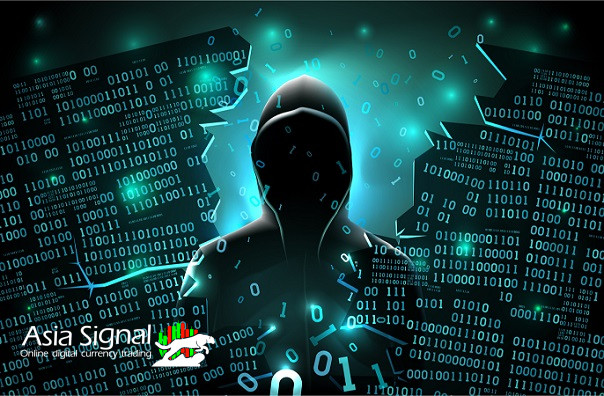Cypherpunk: Champions of Privacy, Security, and Digital Freedom
In the digital age, where personal information and communication are increasingly vulnerable to surveillance and intrusion, a group of techno-libertarians emerged in the late 1980s with a vision for a world where privacy, security, and digital freedom reign supreme. They called themselves "cypherpunks," a term derived from "cypher" (meaning code or encryption) and "punk" (indicating a rebellious or countercultural attitude). Cypherpunks sought to empower individuals with tools and knowledge to protect their digital lives from prying eyes. In this article, we delve into the world of cypherpunks, exploring their philosophy, goals, and lasting impact on the digital landscape.

The Philosophy of Cypherpunk
Cypherpunks are bound by a set of core principles that form the foundation of their philosophy:
1. Privacy: Cypherpunks advocate for robust privacy rights, both online and offline. They believe that individuals should have control over their personal information and communication, free from unwarranted surveillance.
2. Encryption: Encryption is at the heart of the cypherpunk ethos. They believe that strong encryption is essential to protect individuals' privacy and secure their digital communications. Cryptographic tools enable users to keep their data confidential and ensure the integrity of their messages.
3. Security: Cypherpunks understand the importance of digital security. They seek to identify vulnerabilities and develop tools to safeguard against threats, ranging from government surveillance to malicious hackers.
4. Decentralization: Cypherpunks are proponents of decentralization in digital systems. They argue that centralized authorities can be vulnerable to abuse, and decentralized systems can empower individuals and communities while reducing single points of failure.
5. Anonymity: Anonymity is a key tenet for cypherpunks. They support the use of pseudonyms and cryptographic techniques to enable individuals to engage in online activities without fear of retribution or censorship.

Goals and Achievements
Over the years, cypherpunks have worked tirelessly to achieve their vision of a more private, secure, and free digital world. Some of their notable achievements include:
1. PGP (Pretty Good Privacy): Phil Zimmermann, a prominent cypherpunk, developed PGP, a widely-used email encryption program. PGP enables individuals to send encrypted messages, protecting the contents of their emails from eavesdroppers.
2. Tor Network: The Tor Project, initially developed by cypherpunks, is a privacy-focused network that allows users to browse the internet anonymously. It routes internet traffic through a series of volunteer-run servers, concealing users' IP addresses and locations.
3. Bitcoin: While the identity of Bitcoin's creator, Satoshi Nakamoto, remains unknown, Bitcoin itself emerged from the cypherpunk movement. This digital currency is designed to be decentralized, pseudonymous, and resistant to censorship.
4. Privacy Advocacy: Cypherpunks have been active advocates for privacy rights and have influenced policy discussions around the world. They have also developed privacy-enhancing technologies like virtual private networks (VPNs) and secure messaging apps.
Impact and Legacy
The influence of cypherpunks extends far beyond their original movement. Their ideas and technologies have shaped the digital landscape in profound ways:
1. Encryption as a Standard: Encryption has become a standard feature in modern communication tools. Secure messaging apps, encrypted email services, and HTTPS (secure web browsing) are now widely adopted, thanks in part to the cypherpunk movement.
2. Privacy Awareness: Cypherpunks played a pivotal role in raising awareness about the importance of digital privacy. Their advocacy has prompted individuals and organizations to take privacy and security more seriously.
3. Decentralized Technologies: Decentralization has gained traction in various industries, from finance (DeFi) to social media (decentralized social networks). Cypherpunks' influence is evident in the development of blockchain technology and its applications beyond cryptocurrencies.
4. Cybersecurity Innovation: Cypherpunks' emphasis on security has led to advancements in cybersecurity practices, helping individuals and organizations defend against cyber threats.

Conclusion
Cypherpunks have left an indelible mark on the digital world. Their dedication to privacy, security, and digital freedom has shaped the way we communicate, transact, and interact online. While their original movement may have evolved, their ideals continue to inspire and inform the ongoing battle for a more private, secure, and free digital future. In a world where data is increasingly valuable and vulnerable, the cypherpunk ethos remains as relevant as ever.
Looking for the Best trading view indicators for the crypto ? Stay with Asiasignal

















Comments